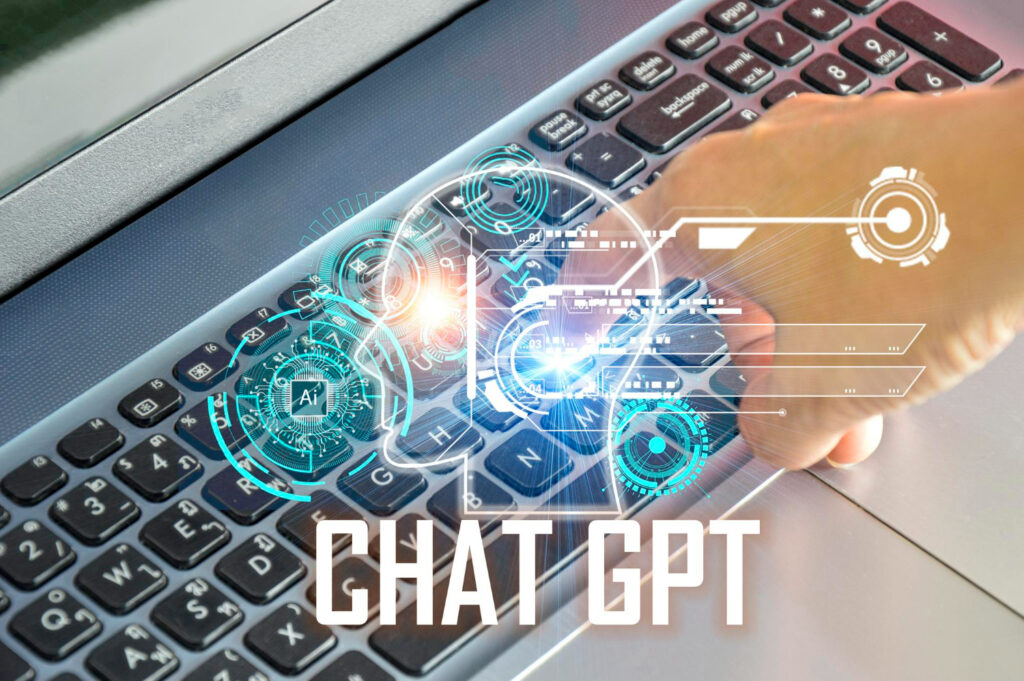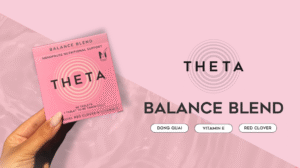ChatGPT turns one today!

The first year of ChatGPT, a sophisticated AI language model developed by OpenAI, marks a significant milestone in the realm of artificial intelligence and natural language processing. Launched in 2022, ChatGPT is based on the GPT-4 architecture, which is an advanced version of the transformative Generative Pre-trained Transformer models. This iteration brought substantial improvements in language understanding and generation, making the AI more coherent, contextually aware, and capable of handling a wide range of conversational scenarios.
One of the standout features of ChatGPT’s first year has been its ability to engage in nuanced and sophisticated dialogues across various domains. Whether it’s answering complex questions, assisting with creative writing, or providing technical support, ChatGPT’s versatility is remarkable. Its capacity to understand and generate human-like text has made it an invaluable tool in education, customer service, and content creation.
Significantly, ChatGPT’s first year witnessed a surge in public interest and adoption. Users from diverse backgrounds – students, professionals, researchers, and casual tech enthusiasts – have embraced the technology, leveraging its capabilities for various applications. Chat GPT itself said that ‘this widespread adoption underscores the model’s ease of use and its effectiveness in delivering accurate and relevant responses.’
Another critical aspect of ChatGPT’s first year has been the ethical and societal considerations surrounding its deployment. OpenAI has been proactive in addressing concerns related to bias, misinformation, and the potential misuse of AI-generated content. Efforts to make the model more ethical and responsible include continuous updates and refinements to its training process and output monitoring.
In terms of technical advancement, ChatGPT’s first year saw several updates to improve its performance and user experience. These updates aimed to enhance the model’s accuracy, reduce biases, and enable more seamless and natural interactions.
So how do tech professionals feel as ChatGPT approaches it’s first anniversary – has it been all as rosy as it appears on the surface? We spoke to Mike Mason, Chief AI Officer at Thoughtworks, who told us:
“In its first year, ChatGPT has been a blessing for some and a curse for others. It has opened up the world’s eyes to the seemingly unlimited potential of GenAI, and propelled increased investment to underfunded R&D teams. But it’s created a compliance timebomb and opened up Pandora’s Box on responsible use to regulatory challenges.”
“Organisations who strategically invest in AI and data to deliver long-term growth and value will eclipse those that chase short-term gains. Competition is fierce and the pace of innovation is frenetic. NVIDIA is one of the biggest winners of the AI boom so far, as its GPUs are essential for training and running large language models like ChatGPT. In fact, its stock price has more than quadrupled in the last five years.”
“There have been blunders too, with cases of chatbots using queries and data to train and bolster their bot further, as employees wrestle with organisational etiquette using GenAI.”
“Businesses won’t get to their destination by waiting for the solution to come to them. Like with any search engine or chatbot, you only get the right answer by asking the right question. And you only get to the right question by asking a few wrong ones first.”
Looking ahead, the future of ChatGPT appears promising. With ongoing research and development, it is poised to become even more sophisticated and integral in various fields – and as AI continues to evolve, ChatGPT’s first year will likely be remembered as a crucial period of growth, learning, and groundbreaking achievements in the journey of AI development.





